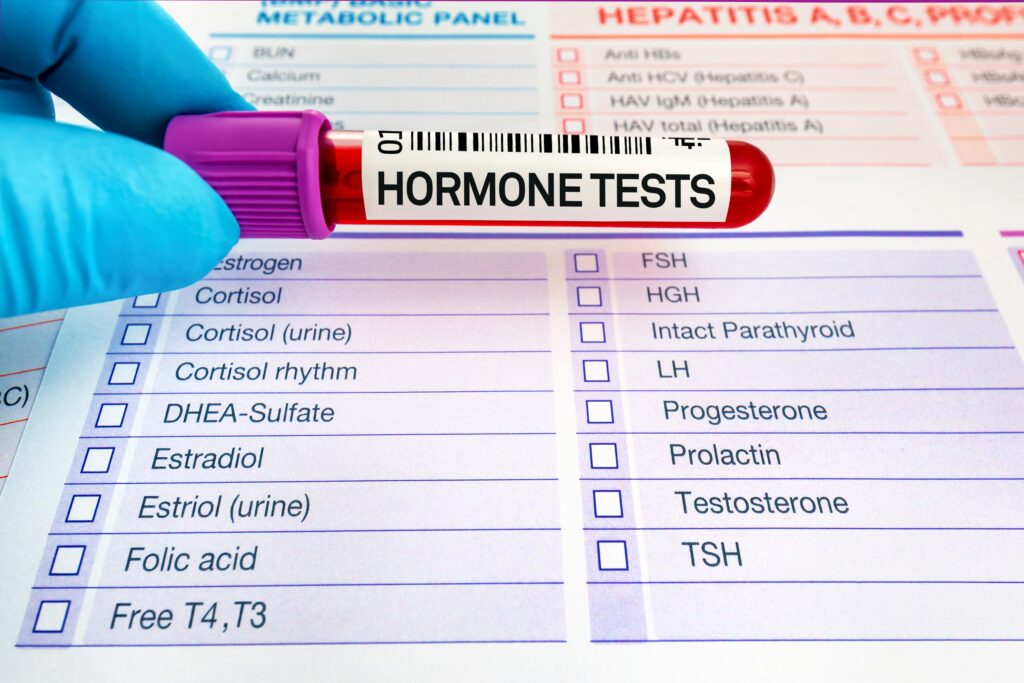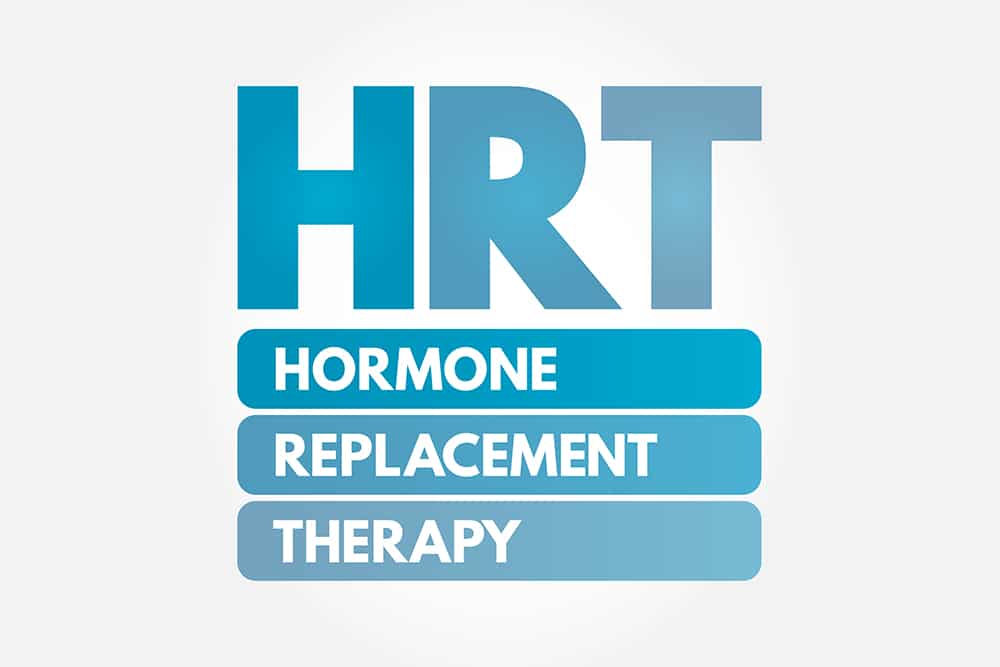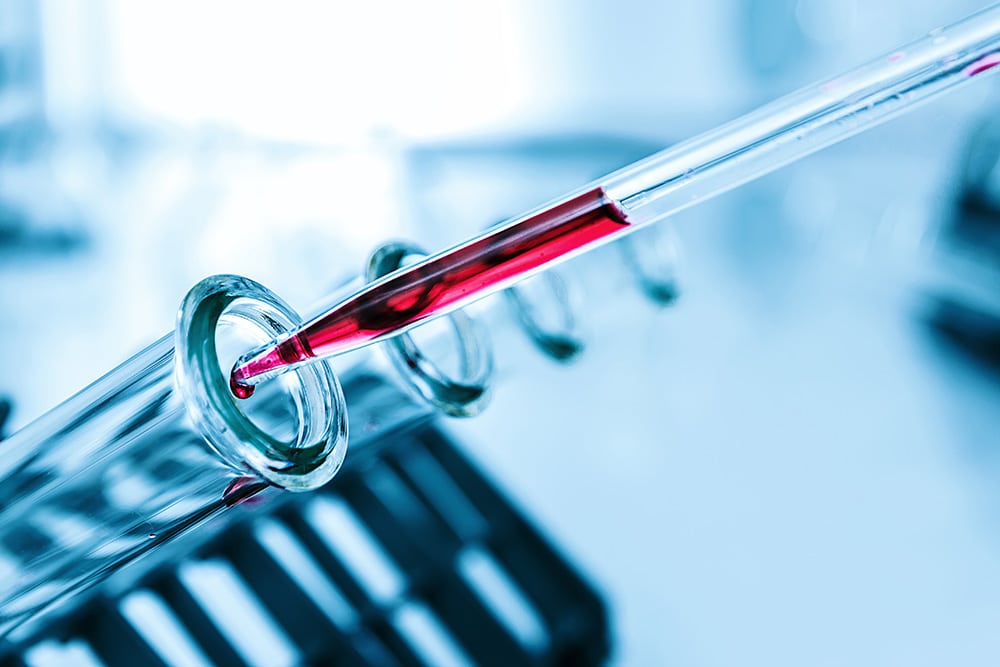- Women’s Health
With over 17 years experience, 100,000 happy customers and CQC regulated, you can trust us to find your perfect weight loss plan.

Our supportive and personal M Plan menopause programmes give you the choice of hormone replacement therapy treatments.

Take a proactive approach to health with our gold standard ‘at home’ health screening services and diagnostic consultations.
We specialise in the treatment of a wide range of medical conditions with low dose naltrexone (LDN).
- Men’s Health
With over 17 years experience, 100,000 happy customers and CQC regulated, you can trust us to find your perfect weight loss plan.
We diagnose and treat low testosterone levels in men through a personalised and clinically supportive approach.
We provide comprehensive ‘at home’ blood screening services and diagnostic consultations tailored for men. Our Explore range of health checks enables men to take a proactive approach to their health.
We specialise in the treatment of a wide range of medical conditions with low dose naltrexone (LDN).
- Corporate Health
CQC regulated, Bodyline is a UK leading medical weight health provider delivering gold standard GLP-1 medical weight loss programmes on behalf of partners or direct to employees in the workplace.
Bodyline delivers effective Hormone Replacement Therapy Treatment and Support in the workplace – The M Plan – from Perimenopause, Menopause to Post Menopause.
- Shop
- Contact us














